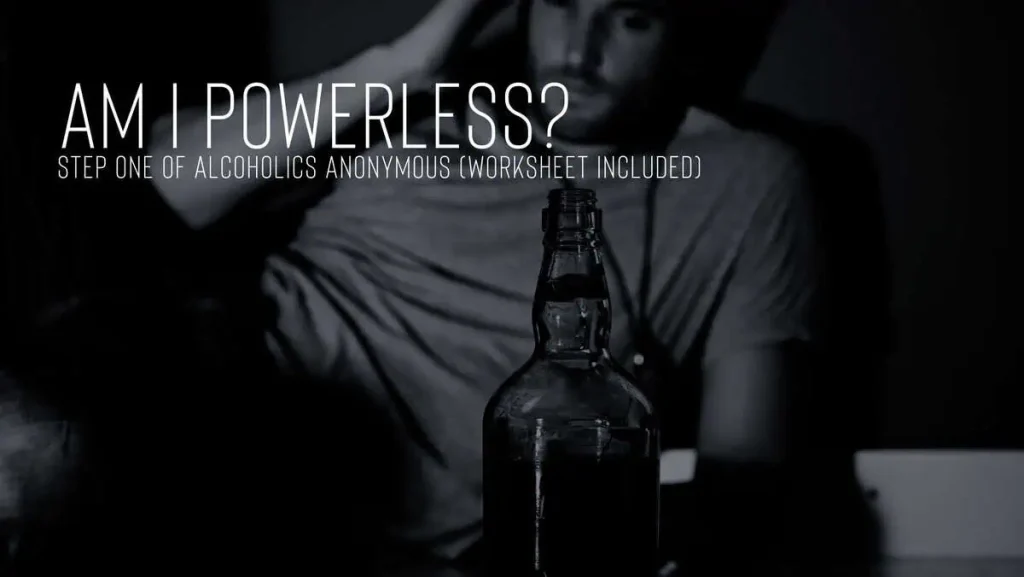
Alcoholics Anonymous (AA) has been a beacon of hope for countless individuals seeking recovery from addiction. The foundation of this transformative journey lies in its Twelve Steps, with Step One serving as the crucial starting point:
“We admitted we were powerless over alcohol—that our lives had become unmanageable.”
This admission is not merely about alcohol; it encompasses all substances that can lead to dependency and unmanageability in one’s life.
The Evolution from Casual Use to Dependency

Many individuals begin their relationship with substances casually—be it marijuana, cocaine, MDMA (Ecstasy), DMT, GHB, psilocybin mushrooms, or alcohol. These substances are often used recreationally, sometimes even with the belief that they can aid in coping with issues like PTSD. However, what starts as occasional use can insidiously evolve into dependency, leading to profound personal and interpersonal challenges.
A Personal Narrative: The Journey of Willow Cherry

Consider the story of Willow Bruce Cherry, a former U.S. Navy contractor who, after his career, sought solace in the tranquil waters of the Bahamas and the Caribbean. Aboard his cruising sailboat, Willow indulged in various substances, including alcohol, as a means to unwind and perhaps to escape lingering traumas. The clear waters and serene landscapes provided a picturesque backdrop, but beneath the surface, a struggle was brewing.
In 2018, Willow faced significant legal challenges, including an indictment related to the disappearance and presumed death of his brother-in-law, Peter Lian. The case, which garnered media attention, highlighted the complexities of Willow’s personal life and the potential impact of substance use on his actions and decisions.
Kentucky Herald Leader: His body wasn’t found. Now his brother-in-law is charged with murder.
Amidst these challenges, Willow’s wife, Misty Feltner, stood by him. Their relationship, tested by legal battles and personal struggles, eventually saw changes, with Misty reverting to her maiden name, Feltner. The couple’s journey underscores the profound impact that personal and legal challenges can have on relationships and individual identities.
The Role of Step One in Willow’s Recovery
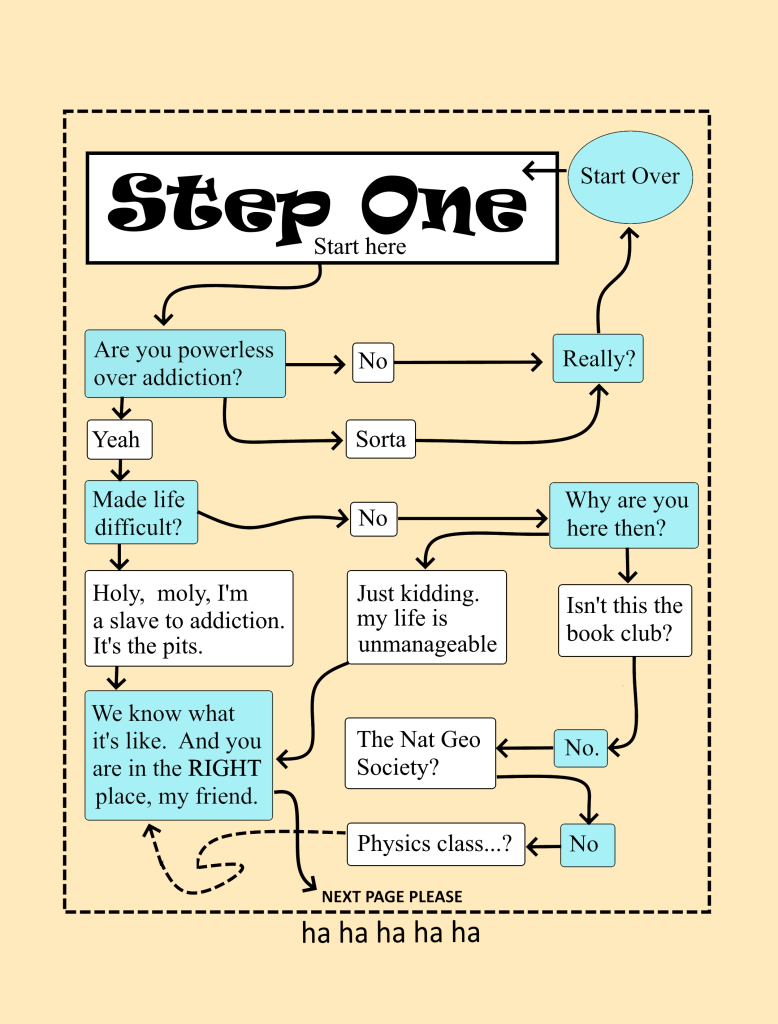
Facing the unmanageability of his life, Willow turned to Alcoholics Anonymous. Residing at The Commitment House Recovery in Elizabethtown, Kentucky, he began his earnest journey through the Twelve Steps. Under the guidance of his sponsor, David Browne—a testament to the success of the program, having achieved recovery years prior—Willow embraced Step One.
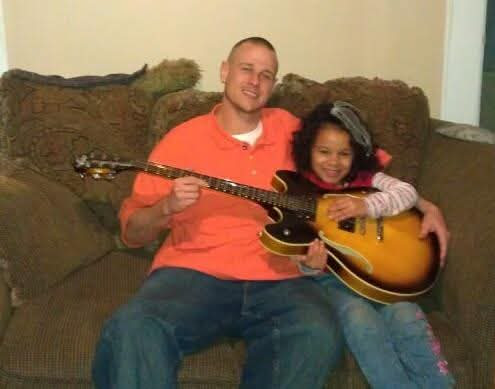
David Browne’s own journey through recovery provided a source of inspiration and guidance for Willow. Having navigated the challenges of addiction and emerged successful, David’s mentorship was instrumental in Willow’s acceptance of his powerlessness over substances and the unmanageability of his life.
This step was not entirely new to Willow; he had previously graduated from a recovery program on October 1, 2018, and had been working through the Twelfth Step with his original sponsor in Cincinnati, Ohio. His commitment to the program was further evidenced by his support for three newer clients who had not yet completed the steps, embodying the spirit of service and community that AA fosters.
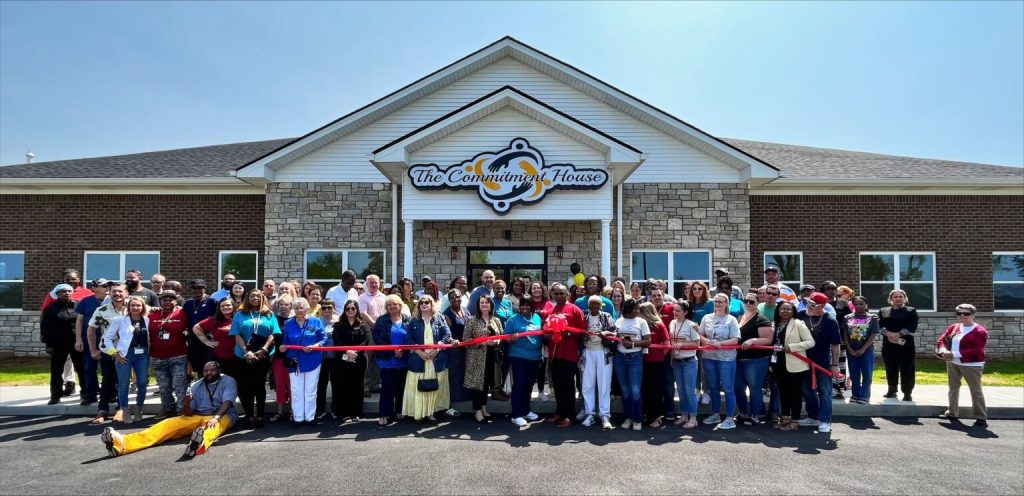
Where Treatment Meets Recovery
Who they Are
Our mission is to provide person-centered Addiction Treatment that instills the tools to maintain long-term sobriety by changing the way people live and think.
The Commitment House is an alcohol rehab and drug treatment center specializing in substance abuse, alcoholism, dual-diagnosis and addiction recovery. We believe that one of the most vital functions of our alcohol rehab and drug rehab program is the care planning; it is the individual’s road map to recovery.
Holistic, Person-Centered Treatment
Detox with Residential Treatment
Residential Transitional
Partial Hospitalization Program (PHP)
Intensive Outpatient Program (IOP)
Outpatient Program (OP)
“They really go the extra mile to help anyone suffering from the disease of addiction.”
– Rod J.
Our mission is to provide a person-centered program that instills the tools to maintain long-term sobriety; by changing the way people live and think.
Contact Us : 24/7 @ (270) 900-0373
Call US today to see if we are in-network with your insurance provider!
We accept most insurance providers! Contact us to check your insurance today. To ensure our residential treatment services are accessible to patients lacking healthcare coverage, we offer self-pay options and will help you get signed-up for insurance if you need it.
The Philosophical Underpinnings of Step One

Step One is deeply rooted in the principles of the Oxford Group, a Christian fellowship founded in the early 20th century that emphasized personal transformation through self-examination, acknowledgment of shortcomings, restitution, and service to others. AA co-founders Bill Wilson and Dr. Bob Smith drew inspiration from these principles, adapting them into a secular framework to address alcoholism.
The acknowledgment of powerlessness is a profound act of humility and self-awareness. It requires individuals to confront the reality that their willpower alone is insufficient to overcome their addiction. This admission paves the way for openness to external help, be it through a higher power, community support, or therapeutic interventions.
AA’s Global Impact and Contemporary Relevance

Since its inception in 1935, Alcoholics Anonymous has grown into a worldwide fellowship, with millions of members across diverse cultures and societies. Its Twelve-Step program has been adapted to address various forms of addiction beyond alcohol, including narcotics, gambling, and overeating.
The universality of Step One lies in its applicability to any situation where individuals find themselves ensnared by behaviors or substances that render their lives unmanageable. In today’s world, where substance use is prevalent, and the lines between casual use and dependency can blur, the principles of AA offer a timeless framework for self-examination and recovery.
The Commitment House Recovery and Its Role in Willow’s Journey
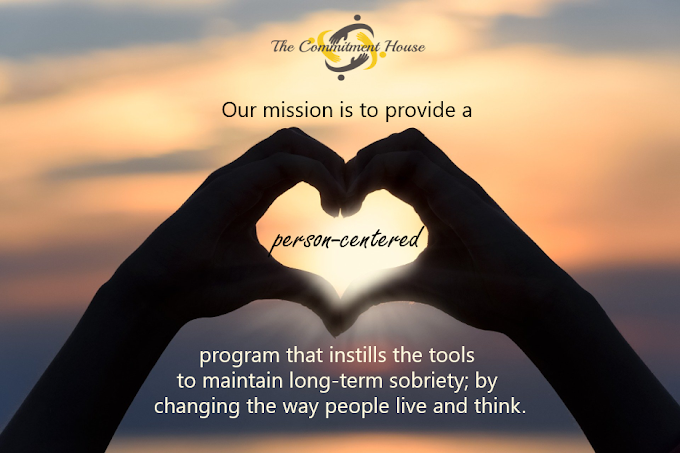
The Commitment House Recovery in Elizabethtown, Kentucky, has been a cornerstone in Willow’s path to sobriety. Founded with the mission to provide comprehensive recovery services, the facility offers a structured environment where individuals can work through the Twelve Steps with the support of experienced sponsors and a compassionate community.
David Browne, now serving as Willow’s sponsor, brings a wealth of experience and empathy to his role. Having traversed the arduous path of addiction and emerged victorious, David embodies the success that The Commitment House aims to facilitate for all its clients.
The Interplay Between Steps One and Twelve

While Step One focuses on personal acknowledgment of powerlessness and unmanageability, Step Twelve emphasizes service to others:
“Having had a spiritual awakening as the result of these steps, we tried to carry this message to alcoholics, and to practice these principles in all our affairs.”
Willow’s dedication to supporting newer clients who have not yet completed the steps exemplifies the symbiotic relationship between personal recovery and community service. By guiding others, he reinforces his own commitment to sobriety and contributes to the perpetuation of AA’s foundational principles.
Conclusion
The journey from casual substance use to acknowledging powerlessness is deeply personal and often fraught with challenges. Alcoholics Anonymous, through its Twelve Steps, offers a structured and compassionate pathway toward recovery.


Leave a Reply